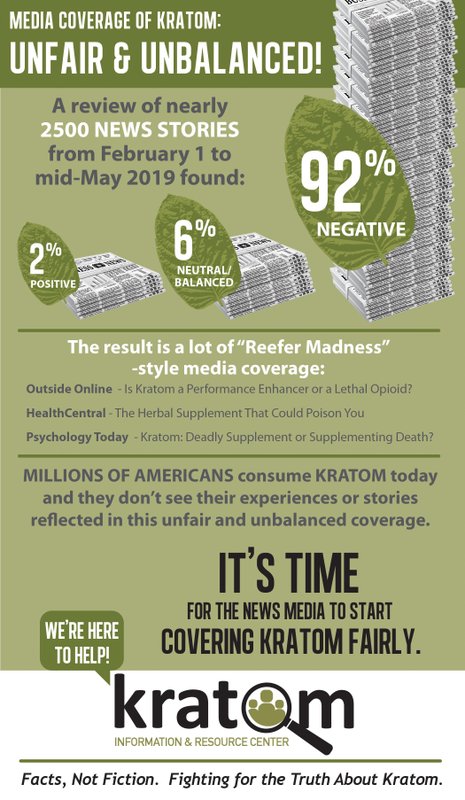Say what you will about kratom, but you will be hard pressed to find information or personal testimonies doubting that it has serious potential as a harm reduction tool. With overdose deaths rising at historic rates, this is a tool that we need now more than ever.
It saddens me to write an article such as this one, but it is warranted. America is in pain. In fact, 20% of Americans have been diagnosed with chronic pain according to the CDC. To treat such pain, many patients go to their local doctor to receive proper medication. The problem? An opioid crisis has been destroying American communities for decades. At first, the situation was that prescription opioids were too easily accessible, now it is seemingly becoming the opposite. Those in pain are not being adequately treated, and synthetic opioids are becoming more widely available. The alternatives are proving to be deadly. The rise in fentanyl is largely at fault, a drug that is 50 to 100 times more powerful than morphine.
COVID-19 has also thrown fuel onto the fire, with adults reporting, “considerably elevated adverse mental health conditions,” (per the CDC) since the initial outbreak. Additionally, the pandemic has been restricting essential support systems such as adequate housing and various rehab/treatment options for those in need. For such reasons, the United States has just recently reported the “highest number of overdose deaths ever recorded in a 12-month period,” (May 2019 – May 2020). Keep in mind that this report was released on December 17, 2020, and future reports detailing the months past May 2020 may be even worse.
With our country and loved ones in pain, we must look to heal. We must look to treat our pain, both physical and mental, in safer, healthier ways. It should come as no shock that government agencies are now starting to study plant-based treatments on chronic pain (such as cannabis and kratom) as viable alternatives to opioids. There are healing properties in things organic and natural, not synthetic and illicit. More time, effort and research must go into further validating kratom; a “drug” that is already helping millions across the globe support their mental health and combat addiction.
Unfortunately, those outside of the kratom community have most likely only heard negative things about our plant. In fact, The Kratom Information and Resource Center cited that between February 1st through mid May 2019, a whopping 92% of media coverage on kratom was shed in a negative light, presented with “little or no balancing information.” The news is dedicated to fear mongering the unknown, misjudging this plant as unsafe and ineffective in order to garner click-bait. If such media practices continue, more lives can be lost. We as a society need the healing properties of kratom. Thankfully, researchers are stepping up, proving that kratom can help combat this raging epidemic.

Dr. Christopher R. McCurdy is one of these individuals leading the charge. Serving as a consultant to the US FDA Drug Safety and Risk Management division, Dr. McCurdy has conducted years of groundbreaking research on kratom. His goal, “making withdrawal more endurable – and therefore, cessation more likely,” (via University of Mississippi News). The article titled, “New Hope for Addicts,” breaks down Dr. McCurdy’s study, as he was working with morphine addicted lab mice. From his findings, McCurdy concluded, “Mitragynine (the main alkaloid in kratom) completely blocked all withdrawal symptoms and could provide a remarkable step-down-like treatment for people addicted to hardcore narcotics such as morphine, oxycodone or heroin.” In November, 2020, McCurdy continued his experiments, this time working at the University of Florida. Using a lyophilized kratom tea, McCurdy’s findings were similar. Kratom effectively alleviated withdrawal symptoms and provided pain relief without causing physical dependence.
Kratom should not be pushed away by the general public in such a time of need, but studied and embraced. We must follow the science. People’s lives are depending on it.
Disclaimer: There is no content on the Kratom Science Podcast nor on KratomScience.com that in any way constitutes medical claims or medical advice. You should consult a medical professional for medical advice and we believe this sincerely. Take care.

I could not agree more. I’d love to see a shift, from negative articles about kratom which we must combat and deal with, to positive articles we can stand behind, proudly